Madagascar
Security forces in Madagascar fired tear gas on opposition candidates leading a protest in the capital Antananarivo on Monday, amid rising political tensions ahead of presidential elections next month.
Eleven of the 13 presidential candidates in the running had called on supporters to march on the central May 13 square to protest what they have described as an "institutional coup" to favour incumbent Andry Rajoelina.
But law enforcement officers moved to disperse the crowd of a few hundred people before it reached the planned destination.
Former president and leading opposition figure Marc Ravalomanana, who was among the protesters, was led away to safety by his security detail.
The rally was not given the green light by authorities and hundreds of security forces patrolled the city centre in the morning.
Voters in Madagascar, one of the poorest countries in the world despite vast natural resources, head to the polls to elect a president on November 9.
Rajoelina, 49, resigned last month in line with the constitution in order to run for re-election.
The president of the Senate was supposed to take over but declined for "personal reasons", leaving the task to a "collegial government" headed by Prime Minister Christian Ntsay, an ally of Rajoelina.
The move was accepted by the country's top court, sparking the anger of the opposition.
'Foment unrest'
The court has also dismissed appeals to have Rajoelina's candidacy declared void over his dual French nationality.
On Sunday, Rajoelina accused his opponents of creating a political crisis "from scratch" because they were "not ready" for the vote.
"There is no crisis in Madagascar," he said in a televised address.
"There are people who want to foment unrest in the country... who want to burn down infrastructure, including the City Hall. We do not accept that."
Last month, the European Union, the United States and others including Britain and France, said they were following the run-up to the vote with the "greatest vigilance".
Confidence in the electoral process is key for the results to be accepted "by all" and to guarantee the "stability" of the country, they said.
The head of the Constitutional Court has previously dismissed accusations of bias, telling AFP that the body could not "force" the head of the Senate to take up the reins.
Rajoelina first took power in 2009 on the back of a coup that ousted Ravalomanana.
After not running in the 2013 election due to international pressure, he was voted back into power in 2018.




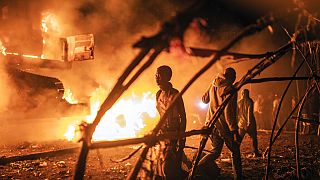

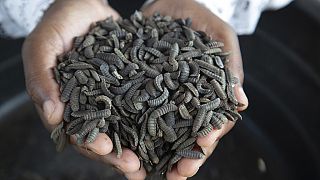
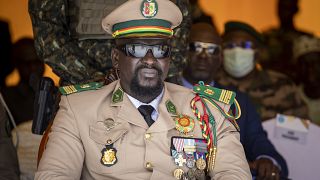
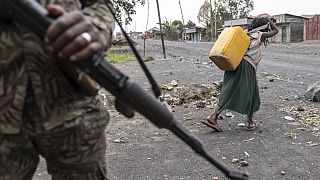
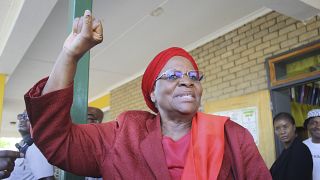
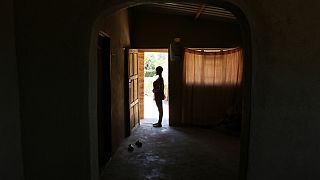
01:04
Former ManCity striker nominated by Georgian Dream party for the presidential post
00:58
Voting underway in Somalia's breakaway region of Somaliland
Go to video
US announces visa restrictions for Ghana
Go to video
Tunisia: Kais Saïed takes oath for his 2nd presidential term
01:11
Frelimo's candidate wins in Maputo amid ongoing vote count
01:40
Young Tunisians disillusioned by economy, pace of change